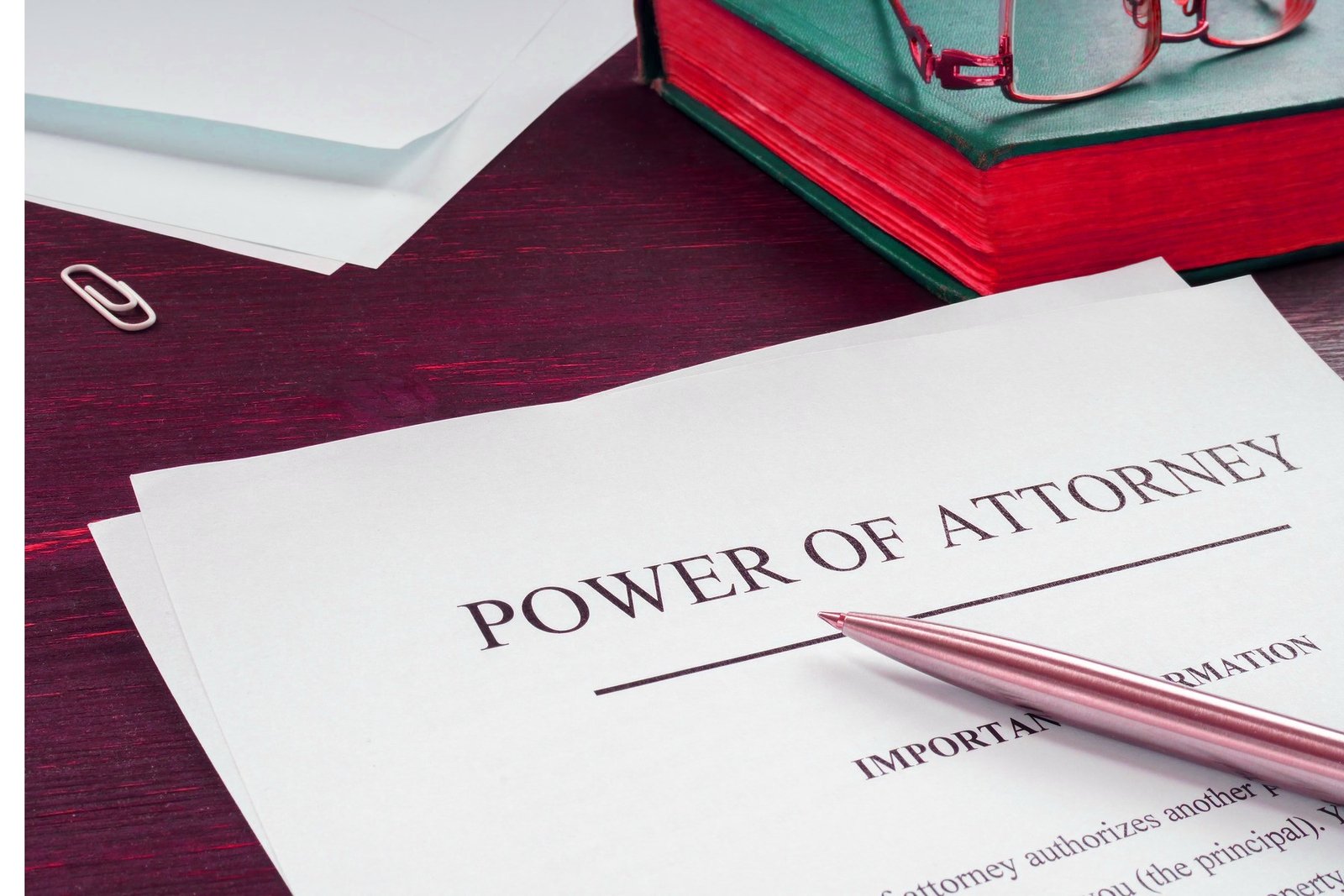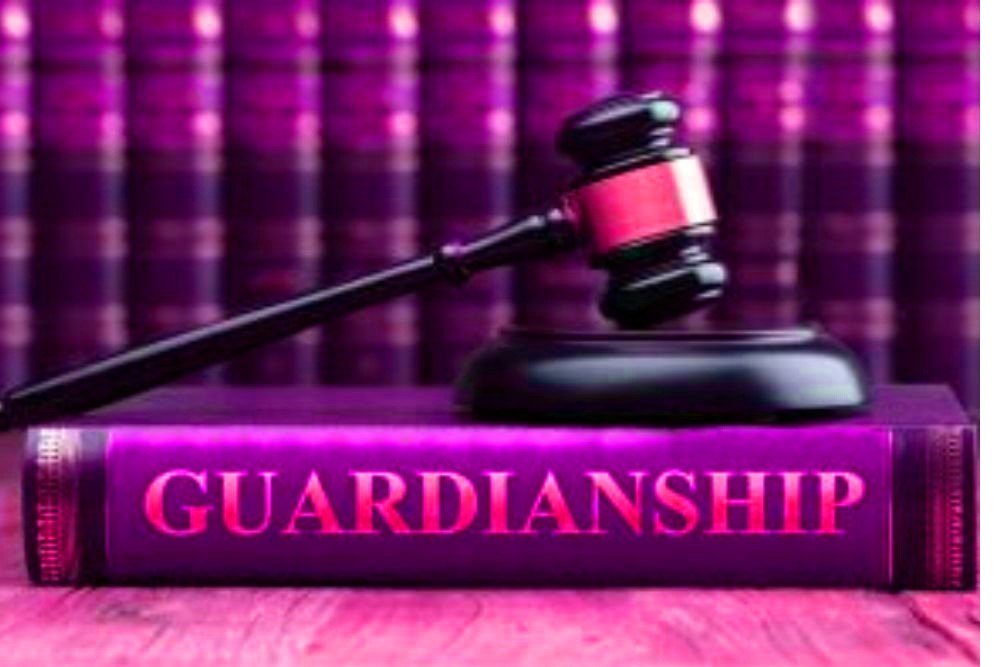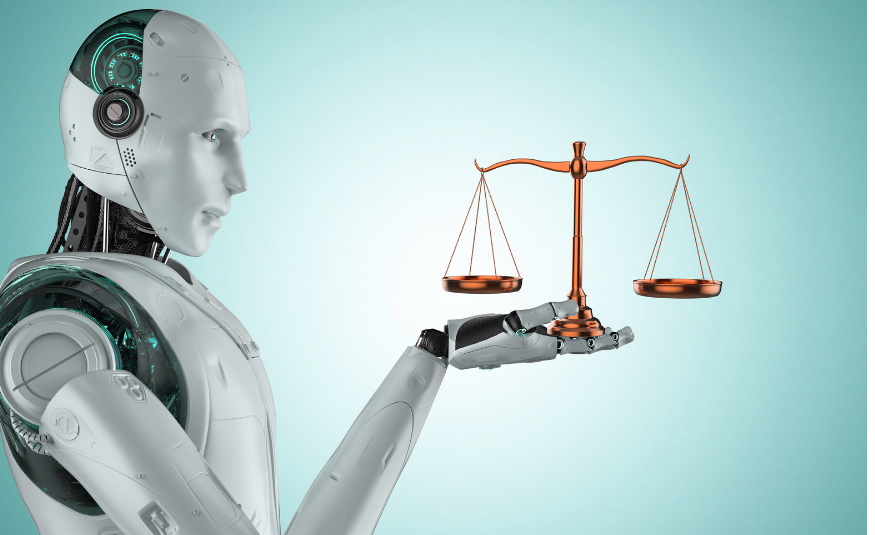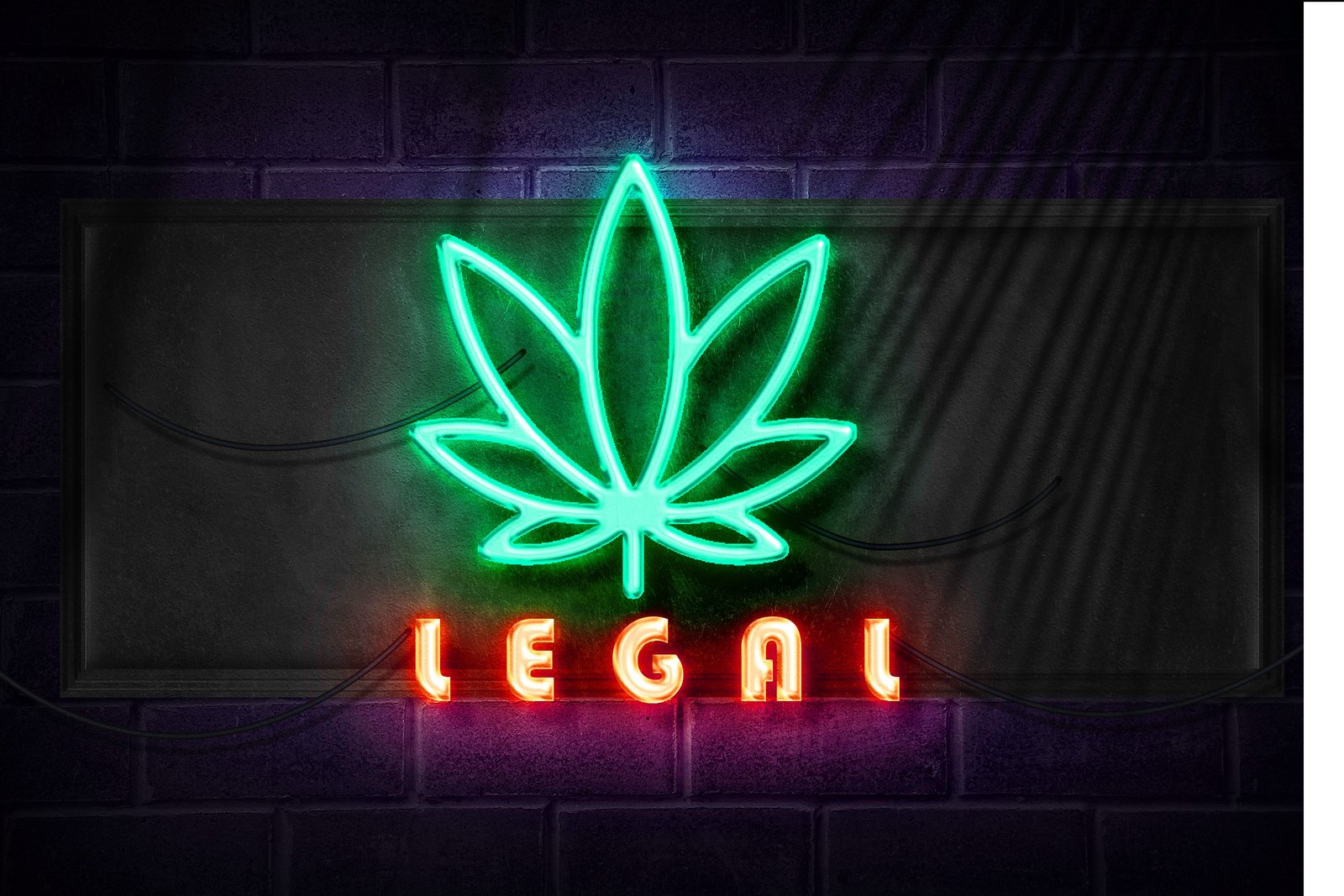How Power of Attorney and Guardianship Work

Power of Attorney (POA) and Guardianship are legal terms that often come into play when individuals need assistance in managing their affairs. In this article, we’ll delve into the intricacies of both, exploring their differences, processes, responsibilities, and the circumstances that might necessitate their implementation.
Distinguishing Power of Attorney and Guardianship
Powers Granted in Power of Attorney
A Power of Attorney is a legal document that grants someone the authority to make decisions on your behalf. It can be specific, such as handling financial transactions, or general, encompassing broader decision-making powers.
Scope of Decision-Making in Guardianship
Guardianship, on the other hand, involves a legal process where a court appoints an individual to make decisions for someone who is incapacitated and unable to make decisions independently. This process is more comprehensive, covering personal care and legal representation.
Appointing a Power of Attorney
Appointing a Power of Attorney involves specific legal requirements, and there are different types to consider. It’s essential to choose someone trustworthy and competent to handle the responsibilities outlined in the document.
Guardianship Process
Guardianship requires court involvement. The process includes establishing the need for guardianship based on the individual’s incapacity, and the court appoints a suitable guardian.
Responsibilities of a Power of Attorney
A Power of Attorney can have various responsibilities, depending on the scope outlined in the document. This may include managing finances, signing contracts, or making healthcare decisions.
Responsibilities of a Guardian
A guardian is responsible for personal care decisions, such as living arrangements and medical treatment. They also act as a legal representative for the incapacitated individual.
When and Why You Might Need Them
Understanding when and why Power of Attorney or Guardianship might be necessary is crucial. Aging parents, deteriorating health, or the need for assistance in managing financial affairs are common scenarios.
Limitations of Power of Attorney
It’s important to be aware of the limitations of a Power of Attorney, including expiration dates and the ability to revoke the document. Different types of Power of Attorney also have specific powers outlined.
Read More: Tax Law: Taking Care of Your Financial Obligations
Limitations of Guardianship
Guardianship comes with legal oversight and reporting requirements to ensure the guardian is acting in the best interest of the incapacitated individual.

Pros and Cons of Power of Attorney
The flexibility and control offered by a Power of Attorney can be empowering, but it also comes with the potential for abuse. Understanding the pros and cons is essential for making an informed decision.
Pros and Cons of Guardianship
Guardianship provides court protection, but it also involves a loss of personal autonomy. Weighing the pros and cons helps individuals decide the best course of action.
Navigating Legal Documents
Navigating the creation of legal documents can be complex. Consulting with legal professionals is advisable, but individuals can choose between DIY options and seeking legal assistance.
Common Misconceptions
Dispelling myths and misunderstandings about both Power of Attorney and Guardianship is crucial for making informed decisions. Absolute control is a myth, and misconceptions about the extent of guardianship exist.
Case Studies
Real-life examples can shed light on how Power of Attorney and Guardianship function in practical scenarios. Examining case studies provides insights into the impact of these legal tools on individuals and their families.
Read More: How to Write and Do Research for Law
Conclusion
In conclusion, understanding the nuances of Power of Attorney and Guardianship is vital for individuals facing decisions about managing their affairs or helping loved ones in need. Each option has its advantages and limitations, and a well-informed decision ensures that individuals are empowered rather than restricted by these legal tools.
FAQs
Can I have both a Power of Attorney and a Guardian?
Yes, in some cases, individuals may have both, addressing different aspects of decision-making.
What happens if I become incapacitated and don’t have a Power of Attorney or Guardian?
In such cases, a court may appoint a guardian based on the individual’s incapacity.
Can I change my Power of Attorney or Guardian?
Yes, both can typically be changed, but the process and requirements vary.
Is a Power of Attorney only for the elderly?
No, anyone can appoint a Power of Attorney, and it’s not exclusive to the elderly.
How long does the process of establishing Guardianship take?
The timeline can vary, but it generally involves legal proceedings and may take several weeks.











